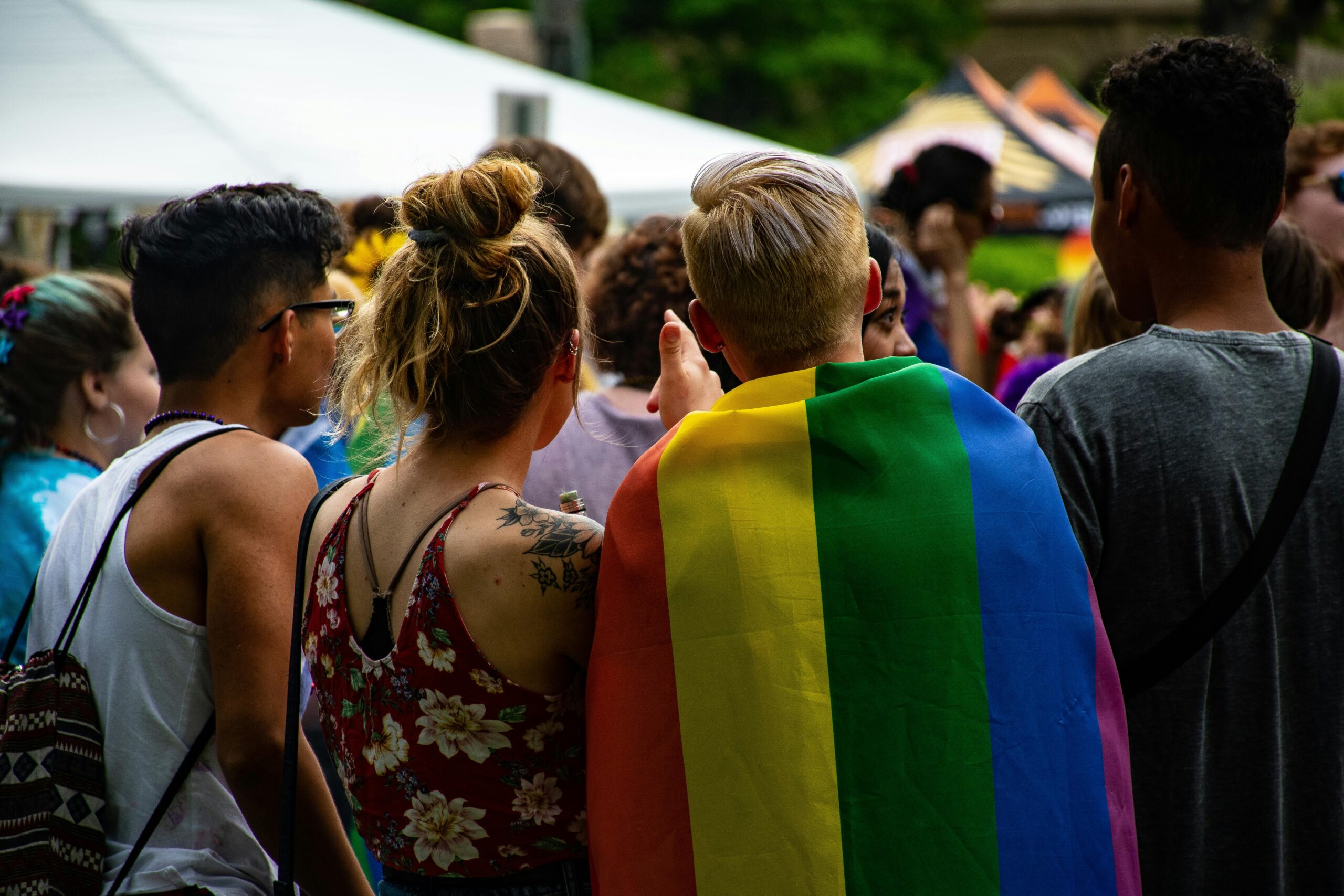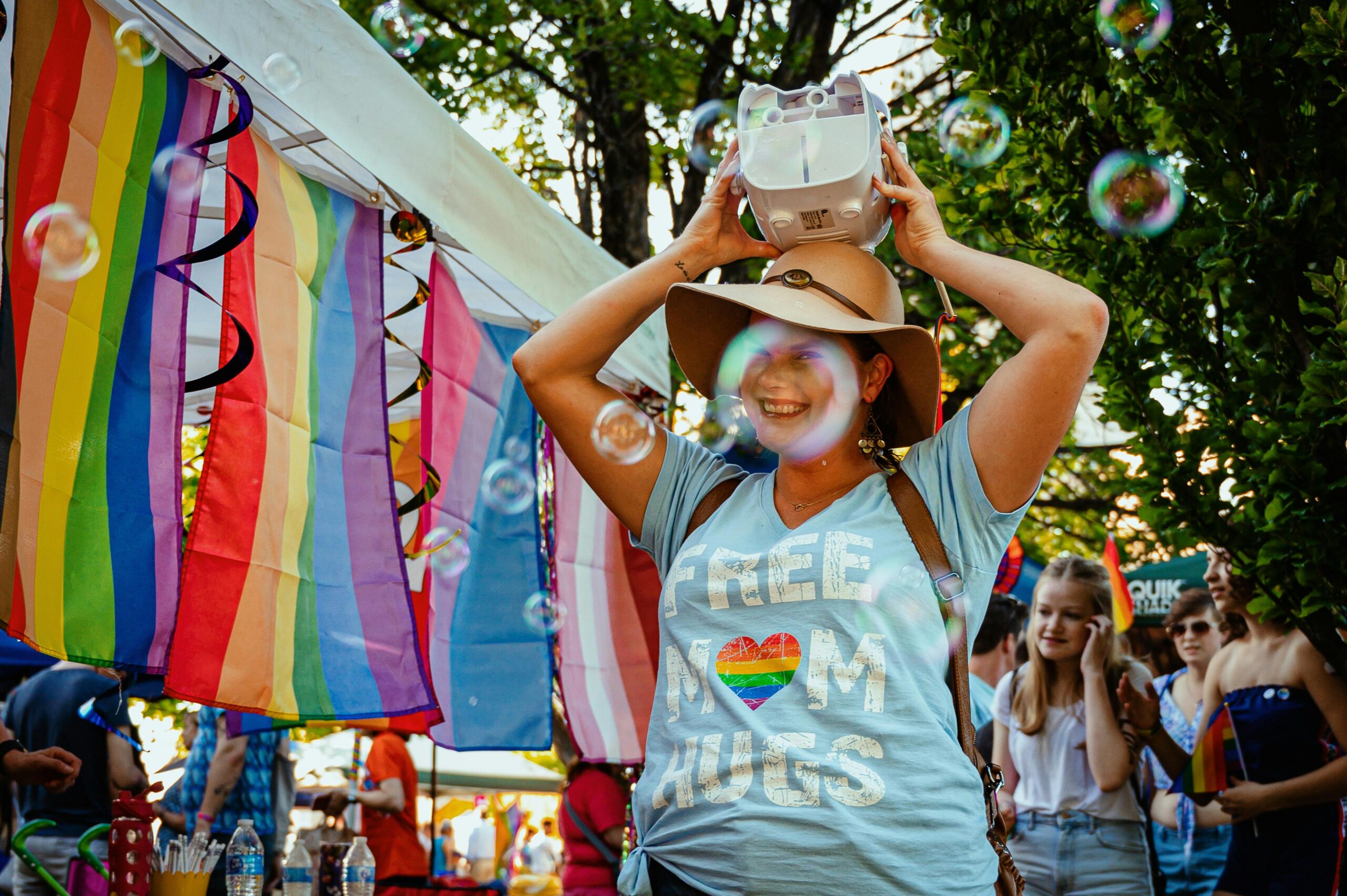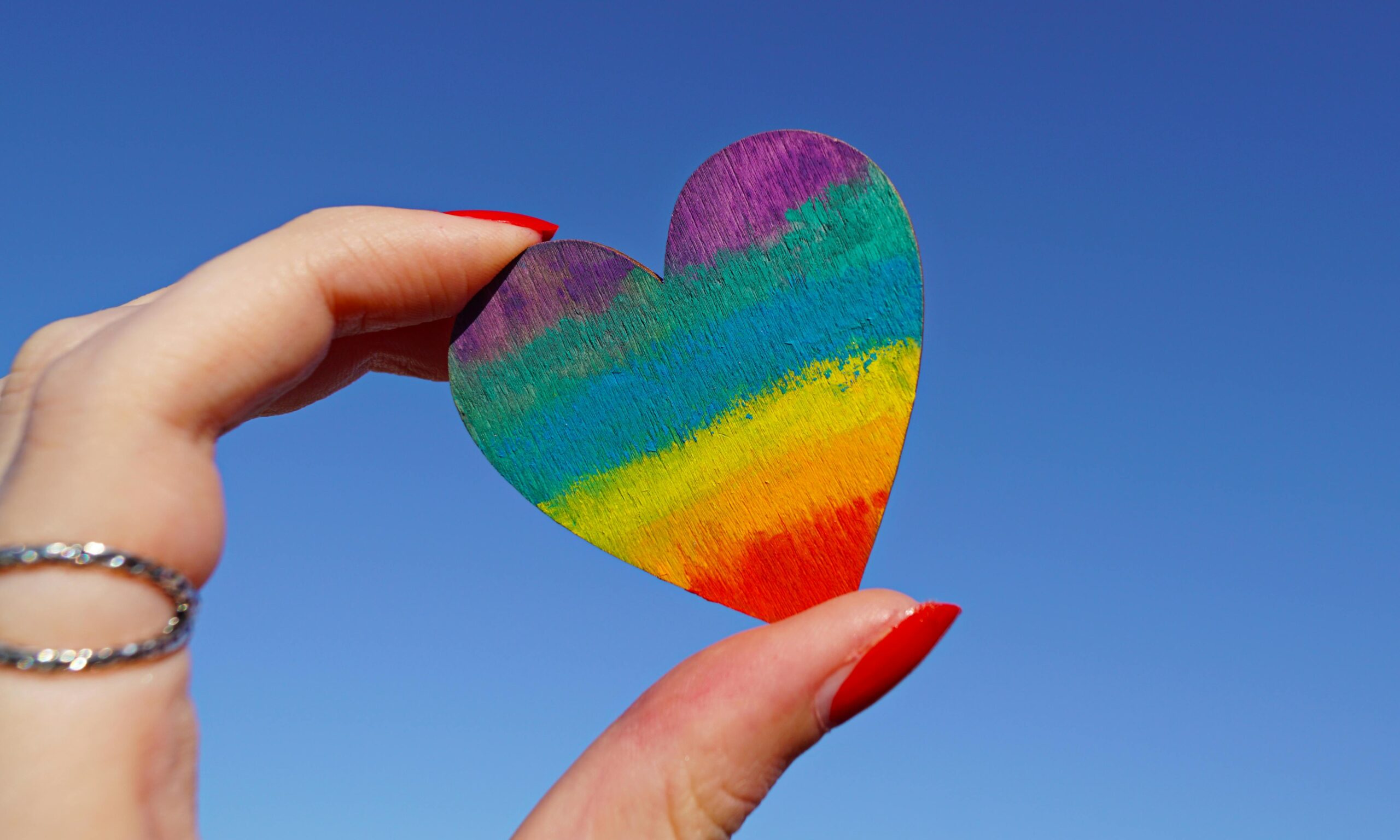For many, families are the bedrock of society, providing love, support, and a sense of belonging. However, for many LGBTQIA+ individuals and families, the journey to building healthy, affirming relationships can be fraught with challenges. From navigating societal stigma and discrimination to addressing internalized negative beliefs, families with a queer- or trans-identifying member often face unique hurdles that can strain their connections and well-being.
This is where queer family therapy comes in– a specialized approach to mental health support that recognizes and validates the distinct experiences and identities of LGBTQIA+ individuals and families. By fostering a safe, inclusive, and affirmative environment, queer family therapists can help LGBTQIA+ clients navigate the complexities of their relationships, identities, and lived experiences.
The Importance of Culturally Competent Therapy
For too long, the mental health field has been dominated by heteronormative and cisnormative perspectives, failing to adequately address the specific needs and challenges faced by the LGBTQIA+ community. Queer AND Trans family therapies challenge this status quo by centering the voices, experiences, and identities of LGBTQIA+ individuals and families.
Culturally competent therapists understand the unique stressors and challenges faced by LGBTQIA+ families, such as navigating coming out processes, addressing internalized homophobia or transphobia, as well as dealing with differences in religious beliefs and societal stigmas and discrimination. They also recognize the intersectionality of identities, acknowledging how factors like race, ethnicity, socioeconomic status, and disability can compound the experiences of LGBTQIA+ individuals and families.
By creating a space where clients feel truly seen, heard, and validated, queer family therapists can help LGBTQIA+ individuals and their families build resilience, acceptance, and healthy coping mechanisms. A culturally competent therapist will help you prioritize your attachment over winning a debate.
Addressing Unique Challenges
LGBTQIA+ individuals and families often face a range of unique challenges that can impact their relationships and overall well-being. These can include:
1. Coming Out and Identity Formation: The process of coming out and embracing one’s LGBTQIA+ identity can be complex and emotionally charged, impacting family dynamics and relationships.
2. Societal Stigma, Religion, and Discrimination: LGBTQIA+ individuals and families continue to face stigma, discrimination, and marginalization in various aspects of their lives, which can take a toll on their mental health and relationships.

3. Family Rejection and Estrangement: Unfortunately, many LGBTQIA+ individuals experience rejection or estrangement from their families of origin due to their identities, leading to feelings of loss, grief, and trauma.
4. Legal and Systemic Barriers: LGBTQIA+ families may face legal and systemic barriers when it comes to issues like marriage equality, adoption rights, and access to healthcare, adding additional stress and uncertainty to their lives.
5. Intersectionality and Compounded Marginalization: LGBTQIA+ individuals who hold multiple marginalized identities (e.g., race, ethnicity, disability) may experience compounded forms of oppression and discrimination, further impacting their well-being and relationships.
Through queer family therapy, LGBTQIA+ individuals and families can find support in navigating these challenges, processing their experiences, and building resilience and healthy coping strategies. Start your journey today with iAmClinic!
Therapeutic Approaches and Best Practices
Queer family therapists employ a range of therapeutic approaches and best practices to best support their LGBTQIA+ clients. These may include:
1. Affirmative Therapy: This approach focuses on validating and affirming LGBTQIA+ identities, experiences, and relationships, rather than pathologizing or attempting to change them.
2. Intersectional Lens: Recognizing and addressing the intersections of multiple marginalized identities and their impact on mental health and well-being.
3. Trauma-Informed Care: Acknowledging and addressing the potential trauma experienced by LGBTQIA+ individuals and families due to societal oppression, rejection, and discrimination.
4. Strengths-Based Approach: Focusing on the resilience, strengths, and assets of LGBTQIA+ individuals and families, rather than solely emphasizing deficits or problems.

5. Family Systems Theory: Understanding and addressing the complex dynamics and interactions within LGBTQIA+ family systems, including chosen families and families of origin.
6. Advocacy and Community Engagement: Providing resources, referrals, and connections to LGBTQIA+ community organizations and support systems.
By employing these approaches and best practices, queer family therapists can create a safe, affirming, and transformative space for LGBTQIA+ individuals and families to heal, grow, and thrive.
Finding Culturally Competent Support
If you are an LGBTQIA+ individual or family seeking mental health support, it is crucial to find a therapist or counselor who is culturally competent and affirming of your identities and experiences. Here are some tips for finding the right queer family therapist:
- Find a therapist who identifies as part of the LGBTQIA+ community.
- Look for therapists who specialize in LGBTQIA+ issues or queer family therapy.
- Check if the therapist has received specific training or certifications in LGBTQIA+ affirmative therapy.
- Read reviews or testimonials from other LGBTQIA+ clients to gauge the therapist’s cultural competence and affirmative approach.
- Ask about the therapist’s approach to intersectionality and how they address multiple marginalized identities.
- Inquire about the therapist’s involvement or connections with the local LGBTQIA+ community.
- Trust your instincts – if a therapist makes you feel uncomfortable or invalidated, it’s okay to seek out someone else.
Remember, you deserve a safe, affirming, and supportive space to address your mental health and relationship needs as an LGBTQIA+ individual or family.
Conclusion
Queer family therapy represents a powerful and necessary approach to supporting the unique needs and experiences of LGBTQIA+ individuals and families. By fostering a culturally competent, affirmative, and inclusive environment, queer family therapists can help their clients navigate the complexities of their identities, relationships, and lived experiences.
Whether it’s addressing internalized negative beliefs, processing trauma, building resilience, or strengthening family connections, queer family therapy offers a transformative space for healing, growth, and self-acceptance. Because it is an imperative to embrace diversity, the importance of culturally competent mental health support for the LGBTQIA+ community cannot be overstated.

If you or a loved one are seeking queer family therapy services, remember that you deserve to feel seen, heard, and validated in your identities and experiences. With the right support and resources, LGBTQIA+ individuals and families can build strong, healthy, and affirming relationships that celebrate their authentic selves.
FAQ
At IamClinic, we celebrate and support LGBTQIA+ families through our Family Therapy services. Strengthen your family bonds with compassionate and inclusive care.
Schedule your session today! Let’s build a loving future together.







